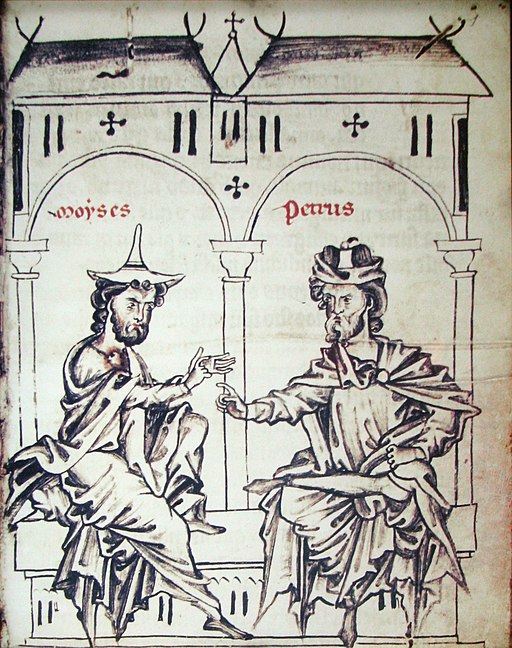Featured in

- Published 20241105
- ISBN: 978-1-923213-01-2
- Extent: 196 pp
- Paperback, ebook, PDF


Already a subscriber? Sign in here
If you are an educator or student wishing to access content for study purposes please contact us at griffithreview@griffith.edu.au
Share article
About the author

Zeynab Gamieldien
Zeynab Gamieldien is a writer living on Bidjigal land. Her work has been shortlisted for the Rachel Funari Prize for Fiction and won the...
More from this edition

Kale
Poetry In her arms she cradles the kale, knowing these are precious days. She stares down lovingly at the kale, who stares back. She’s never sure...

Up for debate
In ConversationDebate emphasises different ideals. You are forced to argue for positions you don’t believe and, regardless of your stance, you learn always to consider the opposing perspective. That is quite literal: after preparing your case, you turn to a different sheet and write the four best arguments for the other side or mark up your argument for its flaws and inconsistencies. Paper and pen. That is countercultural at a time when we expect a tight nexus between speech and identity, and I think there is something to be gained from such role-play.

The power of a curse
Non-fiction IT WAS JANUARY 1995 when my father showed me how to lay a Gypsy curse. I had just published my first novel, Crazy Paving, and...